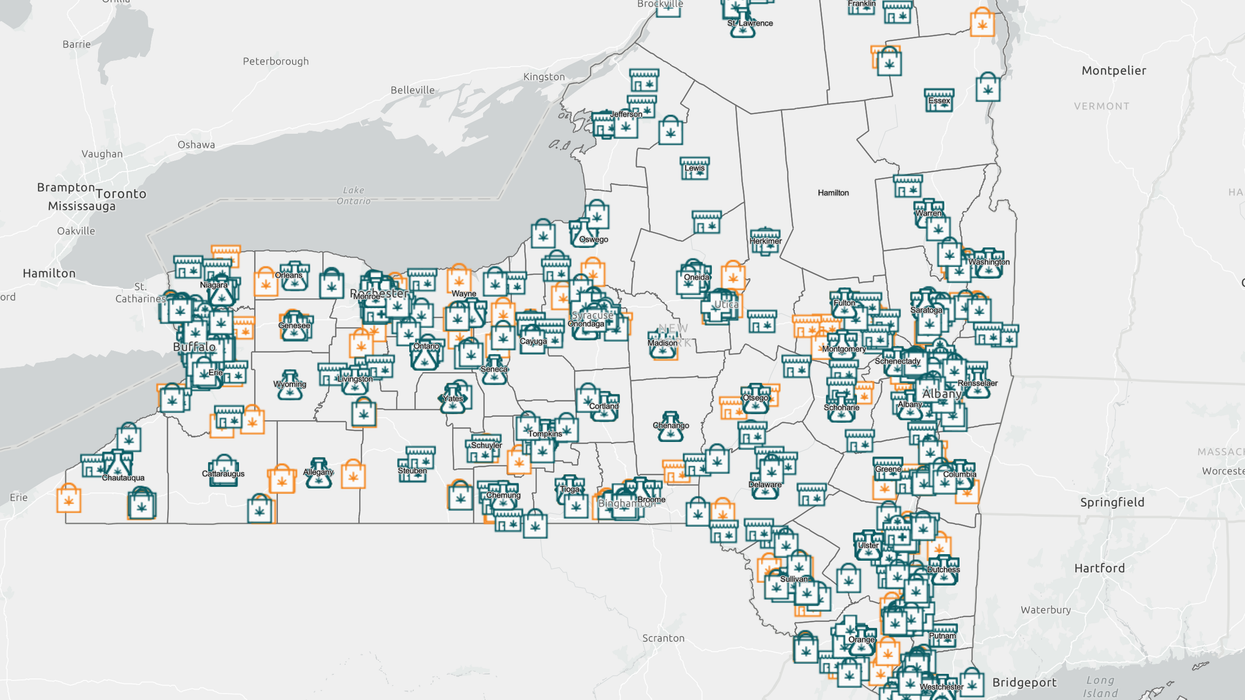Whitney Economics, a prominent cannabis economics data, consulting, and research firm, has recently released its second annual Cannabis Operator Sentiment and Business Conditions survey report. The report, based on an extensive survey of U.S. cannabis business licensees, examines the perspectives of industry operators on their success and the barriers they face.
The survey assessed shortages and surpluses in materials, services, and labor inputs in relation to future expectations. It also revealed key business metrics such as revenues, profits, margins, and costs.
The survey aims to bridge the gap between the theoretical concepts of business economics and the daily realities faced by operators within the cannabis industry, as stated by Beau Whitney, the founder of Whitney Economics.
The report's findings are eye-opening and provide valuable insights into the state of the U.S. cannabis industry. The most significant finding is that less than a quarter, specifically 24.4%, of cannabis operators in the United States reported being profitable. This represents a considerable decline from the previous year when 42% of operators reported profitability.
Unfortunately, the survey indicates that relief may not be on the horizon for operators in the near future. Whitney Economics forecasts a challenging period of seven quarters with slower-than-normal growth for the cannabis industry.
Rising costs and falling prices have put tremendous pressure on retailers and operators, forcing them to find ways to do more with less. Moreover, the lack of access to normal business protections further exacerbates the risks faced by cannabis businesses. Operators have been forced to pivot multiple times in response to changing market conditions, but many factors beyond their control continue to hinder their success.
The success of cannabis businesses is heavily influenced by the regulatory structure of the states in which they operate. Additionally, other external factors play a crucial role. While markets and business conditions have evolved, regulatory policies have remained stagnant. This misalignment has negatively impacted cannabis operators, who are navigating an environment focused more on tax generation than on fostering a business-friendly atmosphere.
Surprisingly, over 70% of the survey respondents expressed support for a limited cannabis licensure structure, even though many of them came from states with unlimited licenses. This finding underscores the fact that regulatory policies have not kept pace with the evolving market conditions, creating an imbalance that hampers the potential of cannabis businesses, as well as the need for regulatory policies that align with industry needs and create a more supportive business environment.
While regulations are necessary to ensure consumer safety and product quality, overly strict rules and high compliance costs can stifle business growth and innovation. However, it is essential to strike the right balance between limiting licenses and ensuring opportunities for new entrants and small businesses to thrive.
With less than a quarter of operators reporting profitability and ongoing obstacles such as taxes, strict regulations, and limited access to capital, the industry requires regulatory reforms and a more industry-focused approach to foster growth and improve operator sentiment. By addressing these issues and creating a business-friendly environment, the cannabis industry has the potential to overcome these obstacles and thrive in the coming years.
The cannabis industry has come a long way since its legalization in various states across the United States. However, as the survey report from Whitney Economics highlights, profitability remains a significant challenge for the majority of cannabis businesses. This raises concerns about the long-term sustainability and viability of the industry as a whole.
Additionally, the lack of access to capital further exacerbates the difficulties faced by operators. Traditional financial institutions, such as banks, are often reluctant to provide services to cannabis businesses due to conflicting federal and state laws. This forces operators to rely on alternative financing options with higher interest rates and more stringent or predatory terms, further eating into their already limited profit margins.
Moreover, taxes imposed on cannabis businesses pose another significant burden. While taxation is a necessary component of any regulated industry, excessive tax rates can strain the finances of operators, particularly when coupled with the other challenges they face. Finding the right balance between generating tax revenue and supporting the growth of cannabis businesses is crucial to fostering a thriving industry.
Despite these obstacles, the survey reveals an intriguing finding: the majority of respondents, including those from states with unlimited licenses, support some form of limited cannabis licensure structure. This indicates that operators recognize the need for a more controlled market, which can potentially lead to reduced competition and more stable business conditions.
To address the issues outlined in the survey report and promote a more favorable business environment, policymakers need to prioritize the needs of cannabis businesses. This includes reviewing and updating regulatory policies to align with industry demands, streamlining licensing processes, and providing more accessible avenues for capital investment. Furthermore, collaboration between industry stakeholders, policymakers, and regulators is crucial to finding sustainable solutions that balance the interests of all parties involved.
The complete report, providing comprehensive insights into the survey findings, can be downloaded from the Whitney Economics website athttps://whitneyeconomics.com/reports.
Disclaimer: This article is based on the information provided by Whitney Economics and does not constitute financial or investment advice. Readers are encouraged to conduct further research and seek professional advice before making any business or investment decisions.
















 The mix of in-state and out of state brands at a legal NY dispensary
The mix of in-state and out of state brands at a legal NY dispensary
 The Dominoes Are Falling Nationwide as Federal Prohibition Ends
The Dominoes Are Falling Nationwide as Federal Prohibition Ends